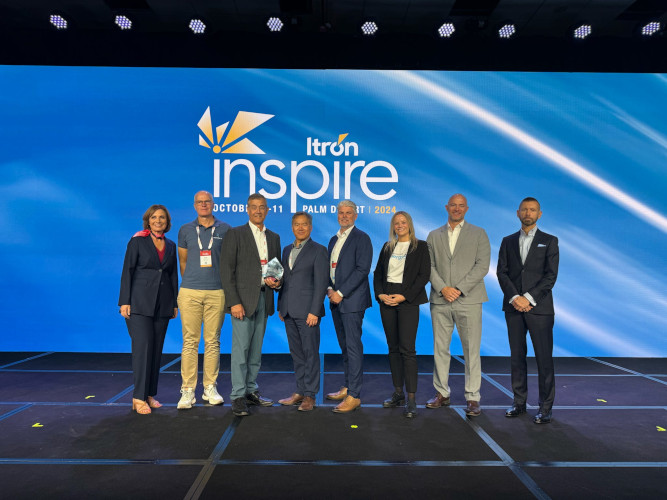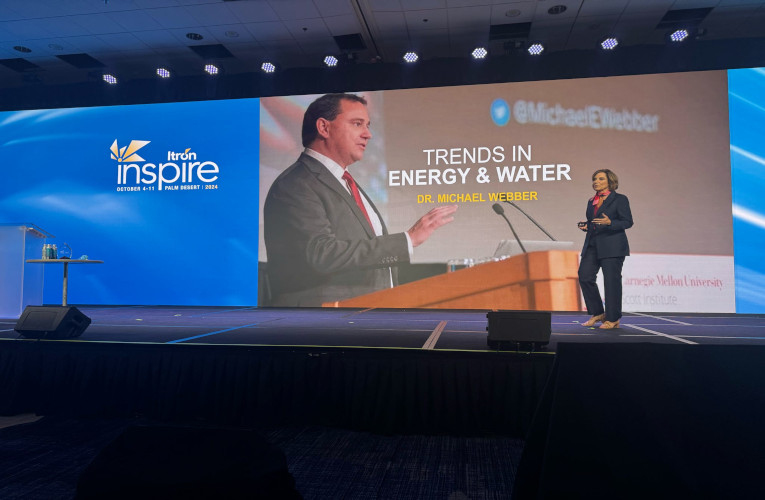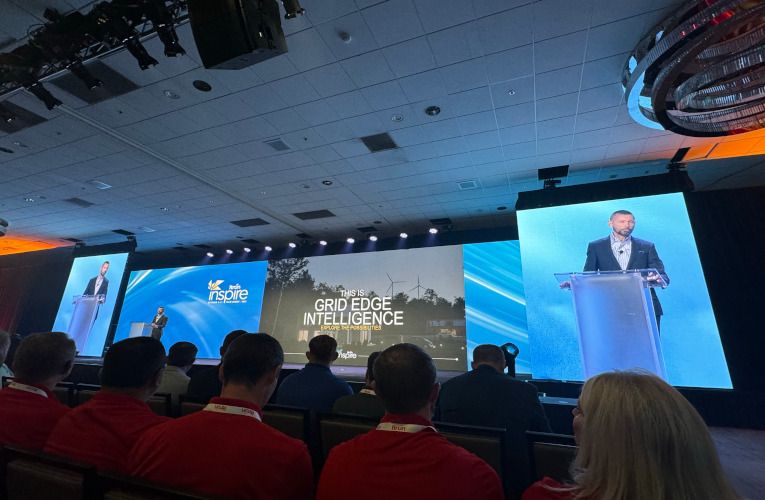
Forecasting
2024 Annual Energy Survey Results
Since the 1970s, Itron has amassed deep expertise in all aspects of forecasting and conducted an Annual Forecasting Benchmarking survey for the last 12 years to paint a broad picture of electric and natural gas forecasting practices. The survey covers topics including recent growth, forecast accuracy, long-term projections and key emerging issues. This year, we surveyed 121 respondents spanning electric utilities, gas utilities, electric system operators and regional companies.
While this year’s survey contains the usual wealth of industry information, one significant item has emerged à strong growth. For the first time since Itron conducted the survey, the aggregated long-term electric forecast’s annual average growth exceeds 1.5% per year.
This may not seem like a lot. But since 2012, the long-term forecast growth has varied between 0.5% to 1.0%. This year’s forecast marks a significant upward change. The figure below shows that the forecast period has a distinct upward trajectory following a decade of “flat” growth.
Commonly asked questions include, “Why this sudden change?” and “What is causing this change?”
In reality, the forecasts have been trending upward since 2019. Between 2019 and 2023, the long-term forecasts have increased from 0.54% to 0.94%. To date, this hasn’t been a visible issue since the forecasts were in the range of historical forecasts and masked by COVID impacts. But the seeds of change may be taken root as early as 2016.
As early as 2016, climate issues began to push electrification. In 2016, the Paris Climate Accords were signed. In 2019, the Green New Deal resolution advocated for zero-emission energy sources with investments in electric cars. In 2020, California signed an executive order eliminating all vehicle emissions starting in 2035. By 2022, 24 states have enacted electrification goals or legislation. While no single action is directly responsible for driving electric demand upward, the general electrification movement has played an important role in forecasters elevating the growth above recent historical trends. In this year’s survey, 78% of utilities are explicitly including electric vehicle (EV) forecasts and 32% are adding electrification effects into their forecasts.
In addition to electrification, the upward trend is pushed by the acceleration of data centers and cryptocurrency mining customers. These large computing facilities are emerging around the country attracting the attention of forecasters. In this year’s survey, 55% of utilities report emerging data center growth and 34% report emerging cryptocurrency mining growth. Like electrification, these new customers play an important role in forecasters elevating the growth above recent historical trends.
If there is one thing forecaster know, it’s that one data point does not make a trend. While this year’s forecast results show a strong growth deviation from the recent historical trend, the forecast accuracy will depend on whether the current expectations on electrification and data centers become a reality.
And this is why Itron conducts the Annua Forecasting Benchmarking Survey – to understand and track forecasting issues and accuracy for the industry and by region. Survey participants will partake in a deeper dive into the results next week and have received the survey report.
If you didn’t participate this year, you can download last year’s report and join the invitation list to participate in next year's survey to keep informed about current trends in the electric and gas industries. For other informative forecasting brown bags, hands-on workshops and focused forecasting meetings. The latest schedule can be found on the Itron website at www.itron.com/forecastingworkshops and the report can be downloaded below:




